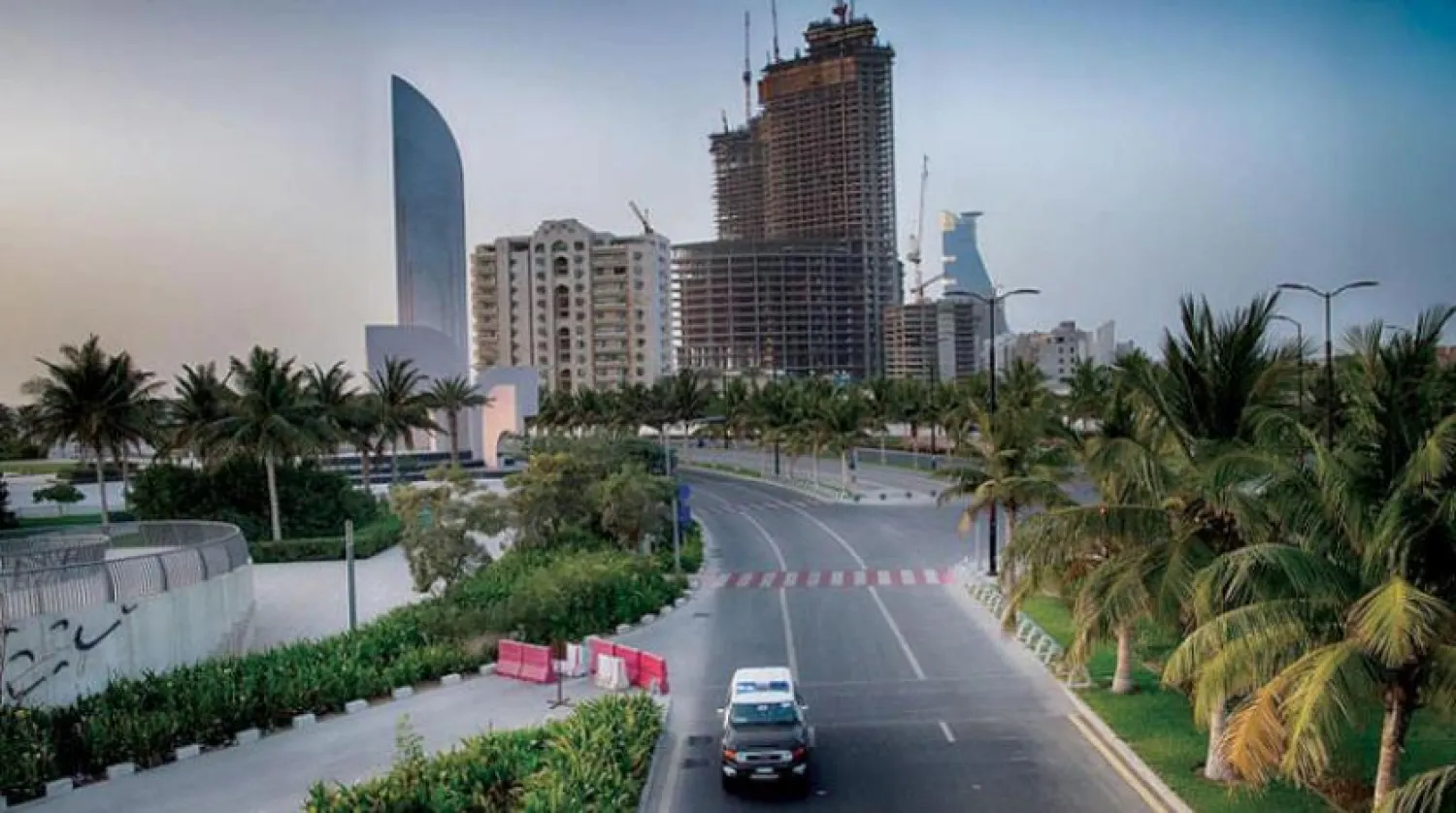Saudi Arabia will begin a new phase of its strategy to contain the spread of the coronavirus in the Kingdom entitled “return to normalcy,” which will take place gradually.
The new phase is governed by the capabilities of the health system to absorb critical situations, expanding coronavirus testing, as well as community awareness in adhering to preventive measures.
For the initial stage, from May 28 until May 30, residents with permits will be allowed to move between 6 a.m. and 3 p.m. throughout the Kingdom, except Mecca.
Retail wholesale shops and malls are also allowed to open for retail activities, in line with guidelines.
On May 31, the Kingdom is set to enter the second stage of its easing of restrictions.
From May 31 to June 20, residents are free to move within the longer hours of 6 am to 8 pm.
Unlike in the first stage, Friday prayers and all congregational prayers will be allowed in the Kingdom's mosques, except mosques in Mecca.
Domestic flights and cross-province travel by any mode of transport will also be allowed.
Likewise, the restriction on workplace attendance will be lifted, with residents able to go back to work as long as their offices follow strict precautionary guidelines. Gatherings for over 50 people will be barred though.
From June 21 onward, Saudi Arabia aims to return to 'normalcy.'
The lifting of restrictions is in line with the plan explained by the Minister of Health Tawfiq bin Fawzan al-Rabiah on Monday. It is also in line with social distancing and health recommendations.
The ministry of health has developed a phased scenario for the next stage that depends on the "absorptive capacity" for critical cases, the policy of expanding testing and early access to those infected by the virus.









